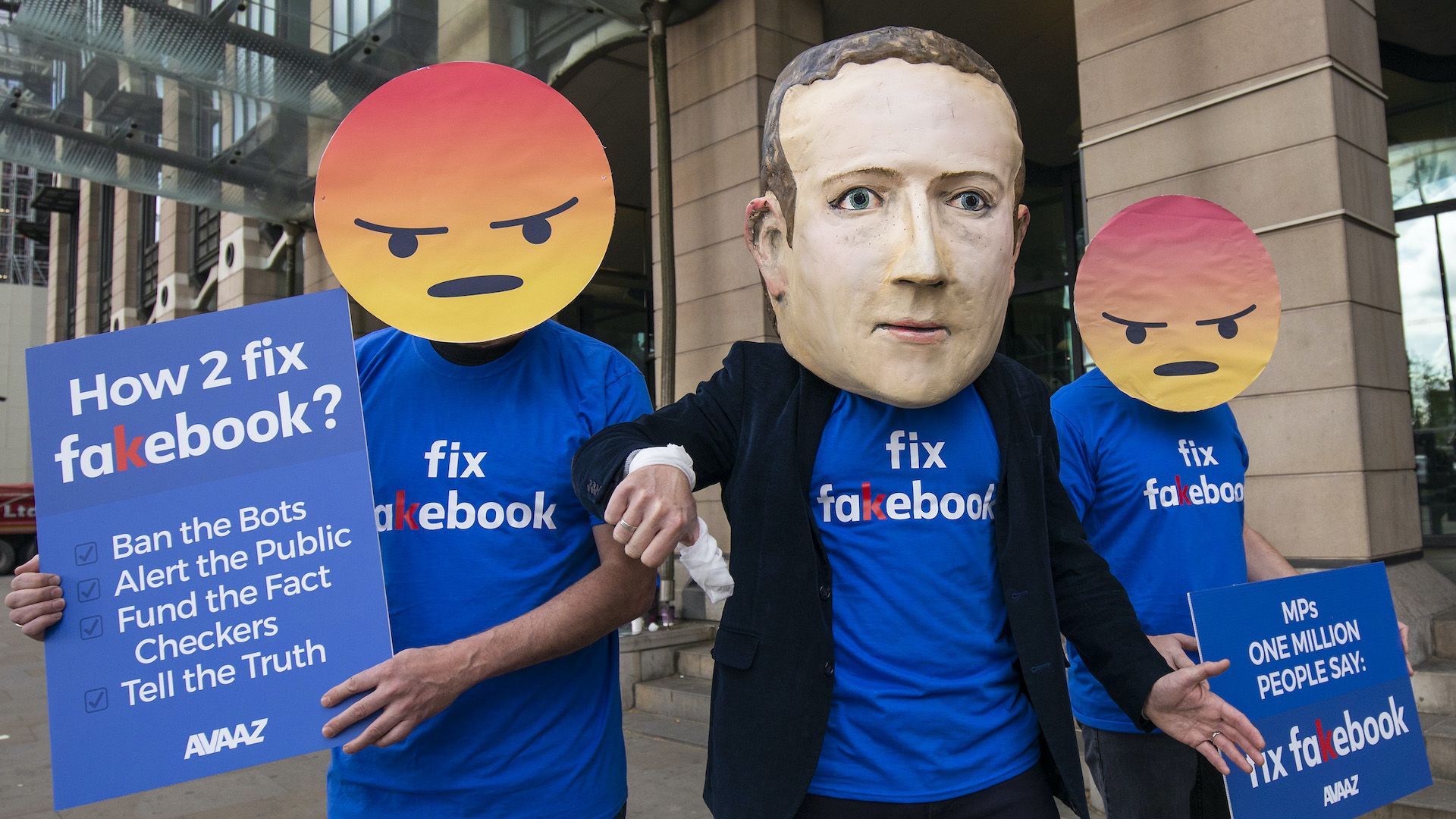The tech industry has been rocked by recent economic woes. While once thought of as close to recession proof, companies from Netflix to Meta are suddenly experiencing serious financial setbacks. As the Washington Post reported last week: “Big tech is bracing for a possible recession, spooking other industries”. Meta (the company that owns Facebook) has seen its share prices drop by more than 50% this year, with its iconoclastic CEO, Mark Zuckerberg, “visibly frustrated” at recent company Q&As with employees.
There are a range of reasons for this downturn, including a troubling mix of reduced consumer spending and fears of an uncertain future. The tech-focused Nasdaq index has dropped 24% in value since January in this year alone, while lay-offs have been announced across the industry – with some reports counting more than 60,000 tech redundancies globally so far this year.
In addition to cutting staff, technology companies are passing on these problems to consumers. People are already facing higher prices for some streaming services, and more increases are expected. Netflix has raised prices for consumers in countries including the UK and the US. They are also trying to stop people from different households sharing passwords. Amazon has also been criticised for increasing its subscription fees recently for Prime delivery and streaming services.
Users have been cancelling subscriptions to cut costs. Many of these services have become heavily embedded in our lives, however, with new technologies fundamentally transforming the way people interact, communicate, work and entertain themselves in recent years.
But there are growing concerns about the way these companies operate, aside from their profit levels and cost burden at a time of belt-tightening. Many users resent the fact that they still have relatively little power over how these technologies are developed and consumed. Tech corporations largely set the prices and conditions for both users and workers.
While many consumers accept this state of affairs, others are attempting to challenge huge tech conglomerates with platforms that give consumers, creators and workers more power. This idea is extending into data use as well. Even before the economic downturn, people were raising serious concerns about the use of algorithms to shape what we listen to and watch, for example, as well as questioning business models based on profiting from user data.










